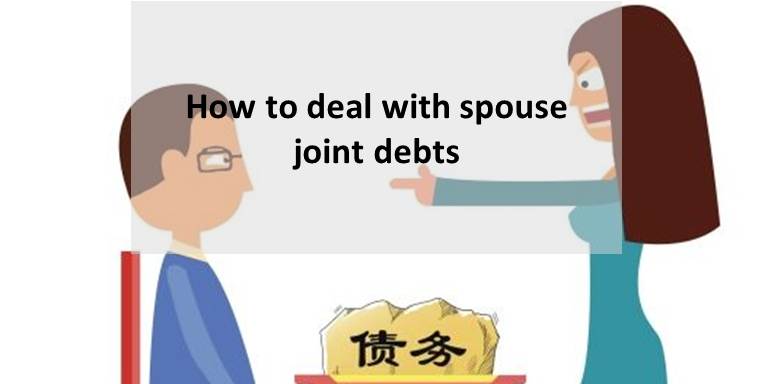There is a famous international saying that goes: “Never interfere between husband and wife”.
Actually, when speaking of debts, this is necessary!
On January 17th 2018, the Supreme Court of the People’s Republic of China released the Interpretation of the Supreme People’s Court on Issues concerning the Application of Law in the Trial of Cases of Matrimonial Debt-related Disputes (hereinafter referred to as “Interpretation”) which has been valid and enforced since January 18th 2018.
Once the Interpretation was published, it attracted wide attention from all sectors of society (couples especially).
According to the previous interpretations which regulated marital relationships, the debt which is under only one parties name shall be deemed as spouse joint debt, unless it can be proven that it is a personal debt – clearly agreed in advance – or that the creditor was previously aware of the property agreement between the husband and the wife. Besides, it will also be considered spouse joint debt if the debt occurs under the spouse’s joint willingness or if it is used for the spouse’s life.
However, to prove the spouse’s joint willingness or that the creditor already had knowledge of the relevant property agreement between husband and wife can be difficult and not very feasible in practice: people will not generally ask if you have a property agreement with your wife/husband when they sign a loan agreement. There is also a phenomenon in which a spouse may have no idea that the other has loaned money which has been deemed as spouse’s joint debt and therefore caused certain social problems.
In practice, if you cannot prove the special situation under the aforementioned conditions, the debt under one parties name will be deemed as spouse joint debt. Now, thanks to the latest Interpretation determining the spouse joint debt from another perspective, the situation has changed: it will be determined as spouse joint debt if both the husband and wife sign the loan agreement, or subsequent rectification occurs, or any other proof to show the spouse’s joint willingness. If the debt is only under one parties name, unless proven that it is for a family daily necessary, it will not be determined as spouse’s joint debt.
The new law will better instruct people’s actions: whenever you loan or borrow money to someone, think twice!
D’Andrea & Partners always keeps pace with new regulations and interpretations; should you want to know more about the spouse joint debt or need assistance, write to info@dandreapartners.com.







